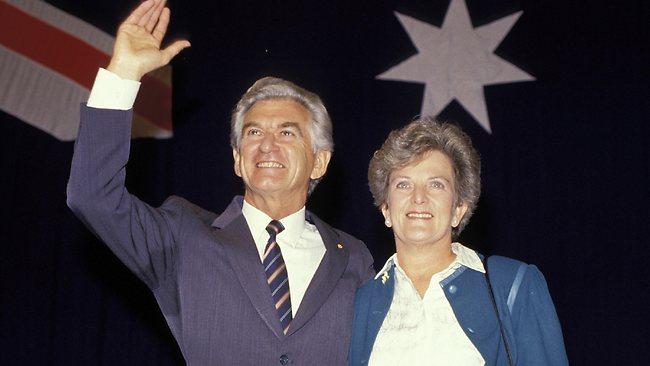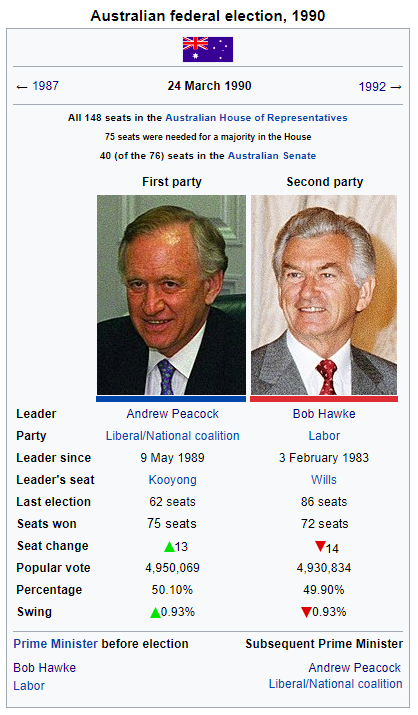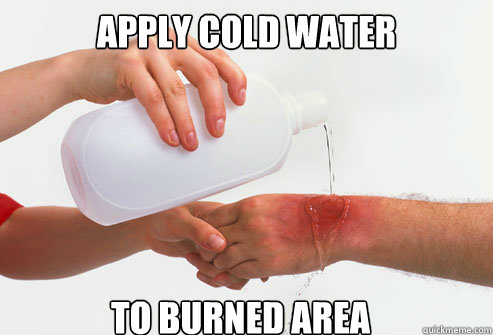24 March 1990
The results had begun to come in. Over the course of the night it had been clear it would be close between Bob Hawke and Andrew Peacock. Hawke had been Prime Minister since 1983, and at just over seven years in office, he was the longest serving Labor PM Australia had ever had. 1990 was supposed to be his final election campaign. He had agreed to hand over to Paul Keating, his long-suffering Treasurer and long seen as next in line for the leadership.
 Peacock on the other hand, was leading the Coalition against Hawke for a second time. In 1984, Hawke had gone to an early election despite the protests of his Cabinet. Peacock had been unable to oust the Prime Minister, and was himself, removed by his long-time rival, former Treasurer John Howard. However, Howard’s leadership was abruptly ended after the 1987 election, which he failed to do any significant damage to the Labor majority. Peacock moved against Howard and recaptured the leadership once more. He, along with Nationals leader Charles Blunt had run a fierce campaign against Hawke.
Peacock on the other hand, was leading the Coalition against Hawke for a second time. In 1984, Hawke had gone to an early election despite the protests of his Cabinet. Peacock had been unable to oust the Prime Minister, and was himself, removed by his long-time rival, former Treasurer John Howard. However, Howard’s leadership was abruptly ended after the 1987 election, which he failed to do any significant damage to the Labor majority. Peacock moved against Howard and recaptured the leadership once more. He, along with Nationals leader Charles Blunt had run a fierce campaign against Hawke.
 A redistribution hurt Labor’s electoral prospects. Isaacs and Moore had been Labor gains in 1987, but had become Liberal notional, and the divisions of Henty and Streeton in Victoria had been abolished. And despite a strong campaign, Labor was unable to absorb the blow of the loss of critical seats in Victoria. Despite a strong challenge, Bob Catley was unable to reclaim Adelaide, which Labor had lost in a by-election in 1988. In Kingston, a challenge from Democrats leader Janine Haines unseated Labor’s Gordon Bilney, marking the first time that Democrats had won a seat in the House of Representatives.
A redistribution hurt Labor’s electoral prospects. Isaacs and Moore had been Labor gains in 1987, but had become Liberal notional, and the divisions of Henty and Streeton in Victoria had been abolished. And despite a strong campaign, Labor was unable to absorb the blow of the loss of critical seats in Victoria. Despite a strong challenge, Bob Catley was unable to reclaim Adelaide, which Labor had lost in a by-election in 1988. In Kingston, a challenge from Democrats leader Janine Haines unseated Labor’s Gordon Bilney, marking the first time that Democrats had won a seat in the House of Representatives.
Fighting strong challenges against Nationals MPs Ian Robinson and leader Charles Blunt in their seats of Page and Richmond respectively, Labor significantly reduced their majorities, but was unable to swing them. The Coalition however, faced its own challenges. Labor won Morton, Fairfax and Kennedy in Queensland. In North Sydney, the Liberals faced a brutal challenge from independent candidate Ted Mack, but managed to narrowly retain the seat.
As the results of the election came in, Hawke knew he was done. Aston was gone. Ballarat and Bendigo had both fallen. The regional Victorian seats were all falling to the Liberals. Hawke sought to phone Paul Keating, who was watching the results come in from his electorate office in his western Sydney seat of Blaxland.
Hawke said very little. “Well Paul, this isn’t the result we wanted, ay mate?”
“No, it certainly isn’t Bob.”
“I trust you’ll be my successor then. No one else is ready for the job.”
When the ABC confirmed that Andrew Peacock was to be the next Prime Minister, Hawke resolved with his advisors and family he would announce his resignation as Labor leader in his concession speech, as well as his intention to leave parliament within six months. “Not much point allowing the wound to fester” he argued.

The final results were tallied: Coalition 75, Labor 72, Democrats 1.
With a fragile majority in the House, Peacock would need to keep his votes tight. Labor was down, but not out.
The results had begun to come in. Over the course of the night it had been clear it would be close between Bob Hawke and Andrew Peacock. Hawke had been Prime Minister since 1983, and at just over seven years in office, he was the longest serving Labor PM Australia had ever had. 1990 was supposed to be his final election campaign. He had agreed to hand over to Paul Keating, his long-suffering Treasurer and long seen as next in line for the leadership.
Fighting strong challenges against Nationals MPs Ian Robinson and leader Charles Blunt in their seats of Page and Richmond respectively, Labor significantly reduced their majorities, but was unable to swing them. The Coalition however, faced its own challenges. Labor won Morton, Fairfax and Kennedy in Queensland. In North Sydney, the Liberals faced a brutal challenge from independent candidate Ted Mack, but managed to narrowly retain the seat.
As the results of the election came in, Hawke knew he was done. Aston was gone. Ballarat and Bendigo had both fallen. The regional Victorian seats were all falling to the Liberals. Hawke sought to phone Paul Keating, who was watching the results come in from his electorate office in his western Sydney seat of Blaxland.
Hawke said very little. “Well Paul, this isn’t the result we wanted, ay mate?”
“No, it certainly isn’t Bob.”
“I trust you’ll be my successor then. No one else is ready for the job.”
When the ABC confirmed that Andrew Peacock was to be the next Prime Minister, Hawke resolved with his advisors and family he would announce his resignation as Labor leader in his concession speech, as well as his intention to leave parliament within six months. “Not much point allowing the wound to fester” he argued.
With a fragile majority in the House, Peacock would need to keep his votes tight. Labor was down, but not out.
Attachments
Last edited:






